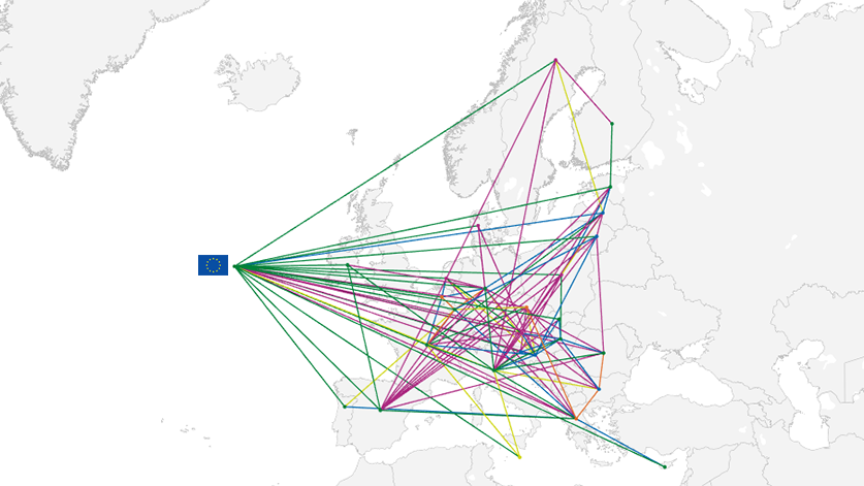
European Solidarity Tracker: The solidarity that always was there
ECFR’s new tracker reveals the breadth and depth of solidarity expressed throughout Europe during the coronavirus crisis – with findings that will surprise critics.

Policy Fellow
Defence and security policy; military operations; nuclear strategy and arms control
German, English
Rafael Loss is a policy fellow at the European Council on Foreign Relations. His work focuses on security and defence in the Euro-Atlantic area; military operations, innovation, and technology; and nuclear strategy and arms control.
Before joining ECFR, Loss was a research associate at the Center for Global Security Research at Lawrence Livermore National Laboratory in Livermore, California. He is an alumnus of the German Federal Ministry of Defence’s Manfred Wörner Seminar, the NATO Defense College’s Early-Career Nuclear Strategists Workshop, and the Center for Strategic and International Studies’ Nuclear Scholars Initiative.
Loss was a Fulbright fellow at the Fletcher School at Tufts University, where he earned an MA in international relations. He also holds a BA in political science from the University of Bremen.

ECFR’s new tracker reveals the breadth and depth of solidarity expressed throughout Europe during the coronavirus crisis – with findings that will surprise critics.
Germany’s nuclear sharing role in NATO is no given – and what political leaders in Berlin do next will have implications for the whole alliance